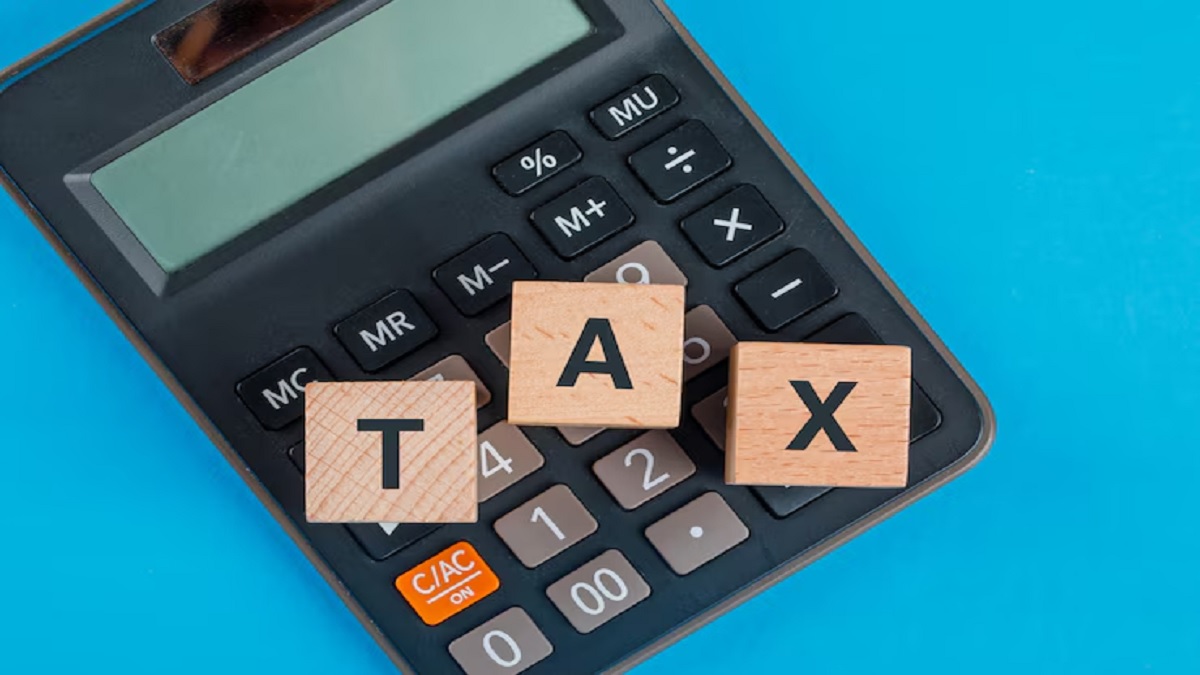
OLD TAX REGIME: TAX-SAVING TIPS! THESE 7 SALARY COMPONENTS TO HELP YOU SAVE MORE ON TAXES
Every salaried individual gets a salary slip from his or her employer. A salary slip contains various components, taxable and non-taxable both. As a salaried individual, how much you can save on taxes entirely depends on the remuneration structure your company follows. There are multiple salary components and different companies follow different structures; so there is no uniformity in this regard. There are some common salary elements like basic pay, HRA and conveyance that almost all companies have in their employees’ salary structure. However, there are multiple other components that vary from company to company. These are medical allowance, telephone/mobile allowance, bonuses, special allowance, incentives, shift allowances, among others. Your take-home pay is determined by whether these components in your salary are subject to taxation or not.
The Indian government introduced in 2020 a new tax regime, doing away with almost all deduction and exemption benefits. The old tax regime still exists, allowing employees to avail tax deduction and exemption benefits under the Income-Tax Act, 1961. It must be noted that there is a difference between deductions and exemptions. Deduction benefits can be taken under various Sections of the I-T Act on the investments and expenses incurred by a taxpayer. On the other hand, certain types of incomes are excluded from taxation altogether, enjoying exempt status. However, not all these incomes get full exemption benefit.
Take a look at these 7 salary components that enjoy tax-exemption benefits under the income tax laws:
House Rent Allowance (HRA)
Companies provide HRA to their employees to compensate for the rent they pay for their accommodation. This allowance is not fully exempt from tax. The exemption on HRA depends on various factors like actual allowance from the employer, actual rent paid, basic salary, city you are living in, etc. As a taxpayer, you are allowed to claim tax benefits every year on the amount you paid for your rented accommodation. This tax exemption benefit comes under Section 10 (13A) of the Income Tax Act.
Employees’ Provident Fund (EPF)
EPF, a retirement savings scheme, qualifies for an exemption. Employer’s contribution of 12% of basic salary is exempt from tax. On employees’ contribution of 12%, one can take deduction benefits up to Rs 1.5 lakh under Section 80C. Additionally, the interest earned on provident funds by an employee is exempt from income tax.
Leave Travel Allowance (LTA)
LTA qualifies for tax exemption. LTA can be claimed for any two years in a block of four years. You can claim exemption on the exact amount provided by the employer as an LTA. For example, if your employer gives you Rs 10,000 in LTA, but the actual travel cost incurred by you is Rs 20,000, you can take exemption benefits on only Rs 10,000.
Food Coupons
Several companies offer food coupons or meal vouchers to their employees to pay for meals at various restaurants. These coupons or vouchers are tax exempt up to Rs 50 per meal. If we take into account 22 working days in a month and 2 meals a day, an employee can take a monthly exempt benefit of Rs 2,200 and the yearly exemption up to Rs 26,400.
Leave Encashment
Leave encashment is treated differently for private sector and government sector employees by the Income Tax Department. Leave encashment for government employees at the time of retirement is totally tax free, on the other hand, it is partially exempt for private sector employees under Section 10 (10AA). The maximum amount of leave encashment that can qualify for tax exemption has been raised to Rs 25 lakh from the earlier Rs 3 lakh by the government. The amount beyond the exemption limit is taxed as per the individual’s tax slab.
Car Maintenance Allowance
You can avail tax exemption on the expenses incurred on the vehicle maintenance, provided you meet specified conditions under the tax laws. This allowance is given to you as a reimbursement of expenses incurred on the car. However, the amount of exemption you will be able to enjoy depends on who owns the car – you or your company.
If the car is owned by you, there is a provision of an exemption of Rs 2,700 per month for the car with an engine capacity of up to 1,600cc and Rs 3,300 per month for a car with an engine capacity of more than 1,600cc. The expenses, which get exemption benefits, include various car maintenance expenses, fuel expenditure and driver’s salary.
Telephone/Mobile Allowance:
Many companies provide their employees telephone or mobile allowance or reimbursements to compensate for their expenses incurred on office-related works. The telephone, mobile or broadband bill amount reimbursed by companies is not considered as an income, resulting in a tax-exemption benefit.
2024-04-26T12:20:23Z dg43tfdfdgfd